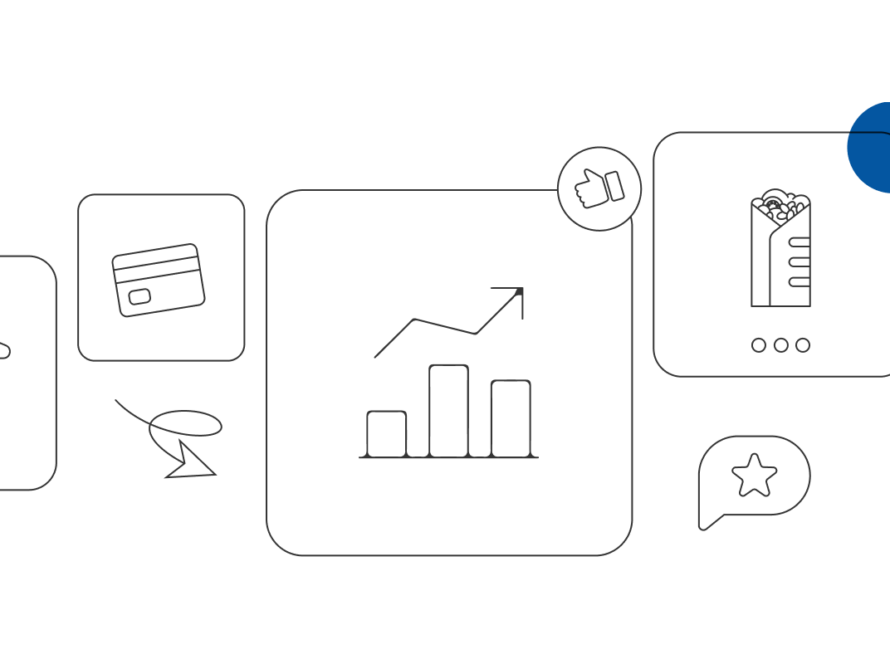In software development, code review plays a pivotal role in ensuring code quality, reliability, and maintainability. It involves systematically examining code by peers or senior developers to identify bugs, improve code readability, and enforce coding standards.
Code review is an integral part of the software development lifecycle, and its importance cannot be overstated. It goes beyond finding and fixing errors; it promotes collaboration, knowledge sharing, and continuous improvement within development teams. Code reviews foster a culture of growth and innovation by providing an opportunity for developers to learn from each other and share their expertise. Moreover, code reviews help identify potential security vulnerabilities, optimize performance, and ensure code consistency, leading to better software quality standards.
In this article, we will delve into the importance of code reviews and explore best practices that can elevate the effectiveness and impact of code review processes.
What is Code Review: The Basics
Code review is a systematic process in software development where one or more developers examine and evaluate another developer’s code. It involves inspecting the code for bugs, logic errors, adherence to coding standards, and overall quality. Code review can be performed manually by peers or through automated tools that analyze the code for potential issues.
The primary goal of code review is to improve the quality and maintainability of the codebase by catching errors early, promoting best practices, and fostering collaboration and knowledge sharing among team members. It plays a crucial role in ensuring that software is reliable, efficient, and meets the requirements of the project.
“Code reviews are crucial for maintaining code quality by identifying and addressing bugs, vulnerabilities, and performance issues before they impact the production environment.”
The Importance of Code Review
- Bug Detection and Prevention
Code review helps detect bugs and potential issues early in the development process. Reviewers can identify logic errors, syntax mistakes, and potential vulnerabilities by having multiple sets of eyes examine the code. This early detection reduces the likelihood of bugs reaching production and helps create more reliable software.
- Improved Code Quality and Maintainability
Code review promotes adherence to coding standards and best practices. Reviewers can provide feedback on code organization, naming conventions, and overall code structure, leading to cleaner and more maintainable code. Consistently reviewing code helps maintain a high level of quality throughout the codebase, making it easier to understand, update, and extend in the future.
- Continuous Improvement and Growth
Code review serves as a platform for continuous improvement. Feedback during reviews allows developers to learn from their mistakes and refine their coding practices. By incorporating feedback and implementing suggested improvements, developers can grow their skills, enhance their understanding of coding principles, and become more proficient in high-quality code.
- Collaboration and Team Cohesion
Code review encourages collaboration and fosters a sense of team cohesion. It provides an opportunity for team members to interact, discuss ideas, and work together to produce better code. Reviewers and developers can engage in productive discussions, share insights, and collectively solve problems, leading to a stronger team dynamic and improved overall productivity.
“Exper Labs adopts comprehensive code review practices that help engineers enhance code quality, identify potential risks, and optimize software performance.”
- Increased Code Ownership and Accountability
Code review promotes a sense of ownership and accountability among developers. When developers know their peers will review their code, they are more likely to take responsibility for the quality and maintainability of their code. This accountability drives developers to write better code, thoroughly test their changes, and address any identified issues promptly.
- Knowledge Sharing and Learning Opportunities

Code review fosters knowledge sharing among team members. Reviewers can offer suggestions, alternative approaches, and insights into different programming techniques. Developers can learn from each other, gain exposure to new ideas, and improve their coding skills through the feedback received during code reviews. It also helps create a shared understanding of the codebase across the team.
“Code reviews foster collaboration and knowledge sharing among team members, allowing for constructive feedback, code optimization, and the sharing of best practices.”
Best Practices for Effective Code Reviews
- Define Clear Objectives and Scope
Establish the goals and expectations of the code review process. This ensures that the review focuses on specific aspects of the code, such as functionality, performance, or security, and helps reviewers provide relevant feedback.
- Choose the Right Reviewers
Select reviewers with relevant expertise and experience in the code being reviewed. Balancing the skill levels of reviewers ensures a comprehensive review process where both junior and senior developers can contribute their insights and perspectives.
- Provide Constructive and Actionable Feedback
Maintain a positive and respectful tone when providing feedback on the code. Identify issues and suggest specific improvements or alternatives. Offering actionable feedback enables the developer to understand the problem and make necessary changes effectively.
- Follow Code Review Guidelines and Standards

Establish and communicate clear guidelines and coding standards to maintain consistency in the review process. By adhering to these guidelines, reviewers can focus on code quality and best practices, ensuring that the codebase remains clean and maintainable.
- Use Code Review Tools and Automation
Leverage automated code review tools to streamline the process and improve efficiency. These tools can help identify potential issues, enforce coding standards, and provide insights into code complexity or performance. Integrating them into the development workflow enhances the effectiveness of the review process.
- Document and Share Review Findings
Document the feedback and findings from the code review process for future reference. This documentation can serve as a knowledge base, allowing developers to learn from past reviews and avoid repeating similar mistakes. Sharing review findings with the development team promotes transparency and fosters a culture of continuous improvement.
- Encourage Collaboration and Discussion
Code reviews should be seen as a collaborative effort rather than a critique. Encourage discussion and open communication between reviewers and developers. This enables knowledge sharing, allows for different perspectives, and facilitates the collective exchange of ideas to improve the code quality.
- Prioritize Critical and High-Risk Code
Allocate more time and attention to reviewing critical or high-risk code. This includes code that handles security, performance, or essential business logic. Giving these code areas extra scrutiny helps identify potential vulnerabilities or issues early in the development process.
- Iterate and Follow Up
Code reviews should be an iterative process. Encourage developers to make necessary changes based on feedback received and conduct subsequent reviews to ensure the suggested improvements have been implemented. Following up on code review recommendations promotes accountability and continually improves the codebase.
In Summary
Code review is a critical process in software development that plays a significant role in ensuring the quality, reliability, and maintainability of code. It offers numerous benefits, including bug identification and prevention, improved code readability, knowledge sharing, and adherence to coding standards. Embracing best practices, such as involving multiple reviewers, providing constructive feedback, and automating code reviews, can enhance the effectiveness and efficiency of the process.
At Exper Labs, we recognize the importance of code review in delivering high-quality software solutions to our clients. With our team of experienced developers and rigorous code review practices, we ensure that every line of code meets the highest standards of quality and reliability. Our commitment to excellence extends to all stages of the software development lifecycle, including thorough code reviews, to provide our clients with top-notch solutions that drive their technical success. By choosing Exper Labs as your technology partner, you’ll receive the best engineering standards.



